When it comes to disclosing extra income to HMRC, a user-friendly online tool simplifies the process. This tool can be accessed here.
This could include earnings from:
• Selling items, whether at car boot sales, auctions, or online platforms.
• Engaging in occasional jobs like gardening, food delivery, or babysitting; charging others for utilising your equipment or tools.
• Renting out property or part of your home, even for holiday purposes (e.g., through agencies or online platforms).
It’s important to note that, in most cases, this additional income is subject to taxation. However, there are annual £1,000 tax allowances allocated for both property and trading income. If you have both forms of income outlined below, you can claim a £1,000 allowance for each. The online tool will clarify if this applies to your situation.
The £1,000 tax exemptions are applicable in these scenarios:
If you generate up to £1,000 from self-employment, casual services (like gardening or babysitting), or leasing personal equipment (such as power tools). This is referred to as the trading allowance.
If your yearly gross property income doesn’t exceed £1,000 across one or more property businesses. This includes situations like renting out a parking space on your drive. This is referred to as the property allowance.
If your total income falling under each heading (prior to deducting expenses), is less than £1,000, that income is exempt from taxation and doesn’t need reporting. Taxpayers with income from each heading exceeding £1,000 will have the option, while calculating their taxable profits, to deduct £1,000 (the allowance) from their earnings, as opposed to deducting actual allowable expenses. This would only be beneficial if the expenses are less than £1,000.
If you would like any advice on this area of HMRC and additional income, please do get in touch with our team at CB Reid

